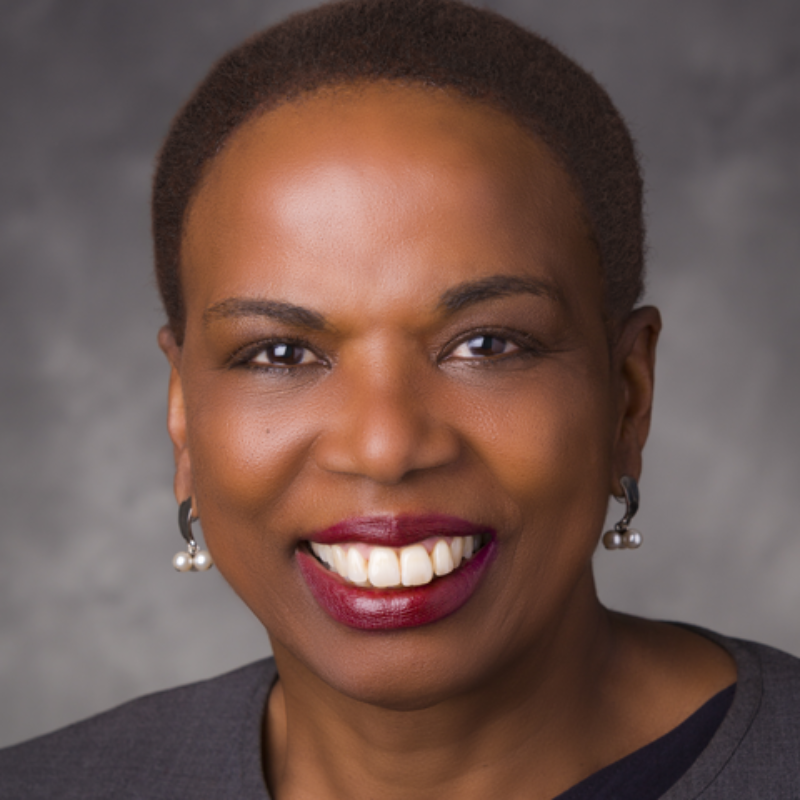(April 13, 2018)—Not long ago, I attended a social event and found myself in conversation with three adult siblings. When I shared with them some of the work we’re involved with here at Cal Wellness they immediately wanted to know more about our funding for oral health services for low-income adults and seniors across the state.
“Thank goodness someone is bringing attention to this issue,” one said. They went on to describe the challenges they faced trying to help their elderly mother access care. “We were shocked to discover that Medicare doesn’t cover dental care! She has a lot of health problems, and we’re trying our best to get her the help she needs, but the bills are stacking up. We know she has a lot of dental pain that continues to get worse, but she also needs cataract surgery. We’re making choices all the time and dental visits keep getting pushed further down the list of priorities.”
They aren’t the only ones to find themselves surprised by how hard it can be for our seniors to access care. We recently learned from our grantee partner the Center for Oral Health that:
- Half of the older adults residing in nursing homes have untreated tooth decay.
- One in three older adults in California’s skilled nursing facilities have lost all their teeth.
- And nearly half of the older adults they encountered who live outside these facilities need treatment for tooth decay and or gum disease.
And the numbers are highest among several of the typically underserved populations here in California: those in rural communities, racial and ethnic minority groups, and individuals without insurance.
It’s not just painful. Untreated dental problems impact one’s overall health. For older adults, difficulty chewing can undermine nutrition and exacerbate chronic conditions like hypertension and diabetes. An unhealthy mouth can negatively affect one’s appearance, impacting self-esteem.
And these untreated dental problems impact all of us. Without access to a dentist’s office, many adults and seniors turn to hospital emergency rooms for care, which ultimately results in higher overall health care spending. Prevention and early intervention are more cost-efficient.
There’s widespread agreement about the importance of making sure our children receive regular dental visits – it’s included in the Affordable Care Act.
Now it’s time to make sure our elders throughout California can access this care too. Like those in San Diego who can turn to the Gary and Mary West Senior Dental Center. I had a chance to visit the center last year and recall the director pointing to photographs of smiling elders they had treated. “Many arrive for their appointments covering their mouths; embarrassed and in pain from tooth decay,” she told me. “They leave smiling, confident and as newly energized advocates for accessible oral health care.”
At Cal Wellness, moving the needle on these health access barriers is part of our equity goal. We believe wellness requires social justice, a deep commitment to diversity, equity and inclusion, and sustained efforts to eliminate systemic barriers that prevent access to health care, education, employment and safety.
Here's how you can help right this wrong:
- Join with partners like our grantee the Center for Oral Health and Justice in Aging to spread the word about the barriers that prevent older adults and seniors from accessing care.
- Follow the work of the California Oral Health Network and the California Future Health Workforce Commission to learn about successful approaches to expanding access to oral health services.
We’ll continue to fund the work of advocates working in Sacramento to help raise awareness among policymakers about steps they can take to make sure California’s low-income adults and seniors are able to receive the care they so urgently need.
And we welcome you to add your voices to ours.

